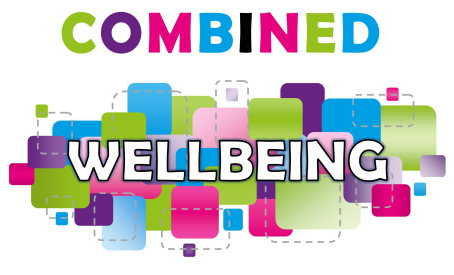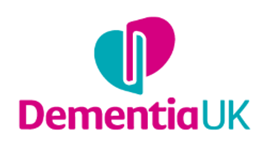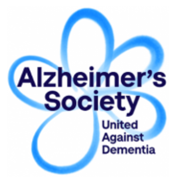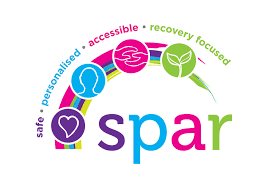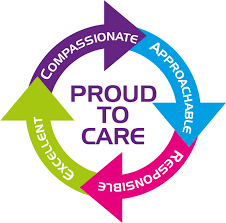Support and advice for carers

Information
Here you’ll find answers to some common questions concerning being a carer.
Select the underlined questions below to see more.
Carers can often feel undervalued within their caring role. This can result in carers feeling isolated and feeling that their voices are not heard. Some example include:
Statistics state that two thirds (65%) of the public thought unpaid carers are not well valued or not valued at all. (Carers UK 2020)
https://www.carersuk.org/images/CarersWeek2020/CW_2020_Research_Report_WEB.pdf
Carers are indispensable to the people we care for and the work they do is a crucial public service, but sadly many carers don’t feel valued by society.
The six key standards state that:
1) Carers and the essential role they play are identified at first contact or as soon as possible thereafter.
2) Staff are ‘carer aware’ and trained in carer engagement strategies.
3) Policy and practice protocols regarding confidentiality and sharing information, are in place.
4) Defined post(s) responsible for carers are in place.
5) A carer introduction to the service and staff is available, with a relevant range of information across the care pathway.
6) A range of carer support services are available.
Carers can often find it frustrating when the person they care for has not provided consent or has temporarily withdrawn consent for information about their condition to be shared with them. However, Carers can always receive non-confidential information from Healthcare staff such as; information that is already in the public domain about mental health conditions, information about the Mental Health Act and support services available to both Service User and Carers.
“Information provided or discovered in the course of the professional relationship cannot be disclosed without consent. The service user does not have the right to prohibit a professional from engaging with a carer or from the carer being given information, advice and support, nor from talking to the carer about the patient provided that no confidential information is divulged. Confidential information may be disclosed with the service users consent (express or implied), regarding specific information and to specific individuals.”
Graham Machin, Carers and Confidentiality: Law and Good Practice
Collaboration between partners is central to improving outcomes and developing and maintaining good relationships between service users, carers and professionals. The Triangle of Care is an inclusive model that will enable carers to be heard and valued for their specialist knowledge within their caring role. This will enable carers to be visible and valued for their contributions and involvements.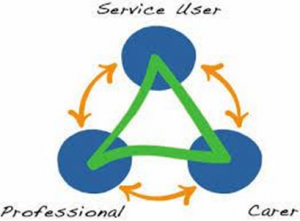
Diane talks about her experiences of being a carer for her husband and how finding support helped her.
https://www.youtube.com/watch?v=TEZOa4poXf4
Making a referral for a carer’s assessment can be one of the most important things you can do to support yourself and get help in your caring role.
What is a Carer’s assessment?
If you care for someone, you can have an assessment to see what help might make your life easier. This is called a Carer’s Assessment. It might recommend things like: someone to take over caring so you can take a break or Gym membership and exercise classes to relieve stress etc.
What is the purpose of a carer’s assessment?
A carer’s assessment works out whether you qualify for support from the council in your role as unpaid carer. It’s a chance for you to talk about how your caring responsibilities affect you.
It will look at whether you’re willing and able to carry on providing care.
What can I expect from a carers assessment?
It is an opportunity to record the impact caring has on your life and what support or services you need. The assessment will look at, for example, physical, mental, and emotional needs and whether you are able or willing to carry on caring.
Who is responsible for a carer’s assessment?
The Local Authority of the person you care for is responsible for your Carer’s Assessment.
How long does a Care Assessment take?
There’s no set timescale for the assessment process. The Local Authority should give you some sort of indication of how long it should take for your assessment to be completed. Normally it shouldn’t take longer than four to six weeks unless your assessment is complex.
Who can have a carer’s assessment?
Any carer who appears to have needs for support can have an assessment by the Local Council.
You will be entitled to an assessment regardless of the amount or type of care you provide, your financial means or your level of need for support. You may be juggling work and care and this is having a big impact on your life.
You can have an assessment whether the person you are looking after has had a needs assessment, or if the local council have decided they are not eligible for support.
If you and the person you are looking after agree, a combined assessment of both your needs can be undertaken at the same time.
If you are sharing caring responsibilities with another person, or more than one person, including a child under 18, you can each have an assessment (although for a child under 18 the assessment will be different).
Referral Form to make a request for a Carers Assessment
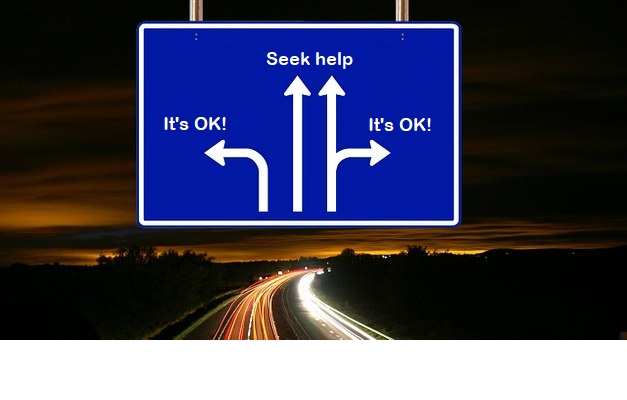
Coping with
Top tips to cope if you have worries about being a carer
The following buttons are self-help suggestions
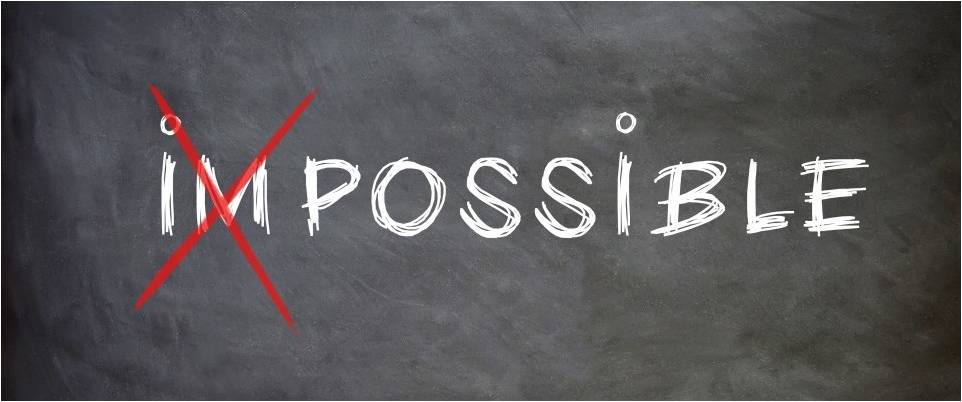
Finding help
What can you do?
- Talk to supportive family, friends.
- Avoid putting yourself under more stress than you need to.
- Avoid keeping things to yourself.
- Join a support group
Select the underlined topics below to view what resources are available.

Getting more help
If you haven’t already found the help you’re looking for, you can find additional information and services which are more interactive here.
